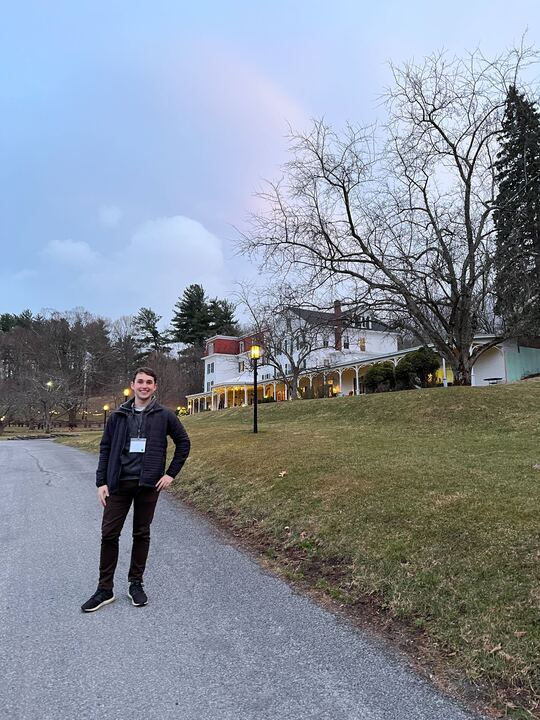In the last blog post, I posed the following question: How can you use your experiences to source, support and evaluate startups? Though it may initially seem simple, the answer to this question changes as you progress through life and develop your own specialties. I’ve had a difficult time identifying what turning point caused me to have “learned to invest” since I don’t believe one should ever stop iterating and improving their investing style. Is someone an investor when they invest other people’s money? Have enough money to be an angel investor? Can facilitate investments by connecting founders with top investors?
Since joining Dorm Room Fund I have begun to find an answer to the above questions by breaking down the skills required to be an investor into three unique stages.
Stage 1: Ideation — What’s your investing thesis, interest, and style?
Stage 2: Prototype — Can you source companies meeting your investment thesis and ones you believe are venture backable?
Stage 3: Production — How do your investments perform in the long run?
How does one ideate investing?
I struggled heavily in this department as it can be intimidating to choose a specialty. The development of my focus on deep tech, hard tech and food tech spurred from interests before I became a student investor. My specialization in deep tech evolved from having six years of research in electrical engineering labs, which gave me a unique perspective on products with long time horizons and untraditional go-to-market strategies. On the other hand, hard tech was something I had always been passionate about as an engineer and was an area I focused on gaining experience through working at a defense tech startup at MIT and side projects. Though a niche area, food tech is also one of my favorite spaces, which leverages my passion for food and cooking along with my experience working for Cometeer, an emerging leader in the beverage technology space.
Who can prepare to invest?
Though being an investor is a title most often crowned on those investing other people’s money, the role stems from having the network and background to identify the top 1% of early-stage startups. There are a wide variety of ways to prepare for being a full-fledged investor including creating your own VC focused clubs on campus, joining clubs or organizations that help connect top startups with funding or established venture capital firms, or making your own small investments with crowdsourcing platforms. Though I didn’t directly create my own club on campus, I decided to found the StartOP Newsletter highlighting local startups actively fundraising. The newsletter provided me a medium to interview founders, learn from their experiences, and share their founding stories with the Boston community. Through leveraging these connections with founders, I began to develop my network of pre-seed startups in Boston. It often takes a lot of time to begin building a network, but eventually your network will naturally grow as you continue to meet new people and gain diverse experiences. Even without directly investing in companies, I also began establishing a track record of my sourcing ability and had a streamlined way of referring my favorite startups to Boston based investors.
Producing investments
The main differentiator of this last stage in the investing process is often attributed to the nature of investing. As a professional investor, individuals not only need to successfully source deal flow but simultaneously need to be investing in top companies
Dorm Room Fund has played a key role in helping me gain experience as an investor in a full fledged venture fund. As an investment partner at DRF, I have begun to learn about fund structures, raising a fund, deal terms and even how to win deals in the current competitive landscape through zoom calls and meetings with experienced investors. Through participating in DRF, I also get the opportunity to begin establishing my track record as an investor. DRF now provides a concrete history of what companies my team sourced and funded as I start my career in venture capital.
If you are interested in entering VC, don’t be intimidated by the seemingly large cliff to start investing, but recognize all the components outside of the financial support that comes with being a Gen Z VC. I still have a long way to go in developing my investment thesis, building out my network and establishing a track record of investing, but without question, DRF has given me a huge leap forward in becoming a venture capitalist.
Written by Alex Marley. More updates on our Twitter, Medium, and newsletter. Founders, apply for an investment from us. 🚀
